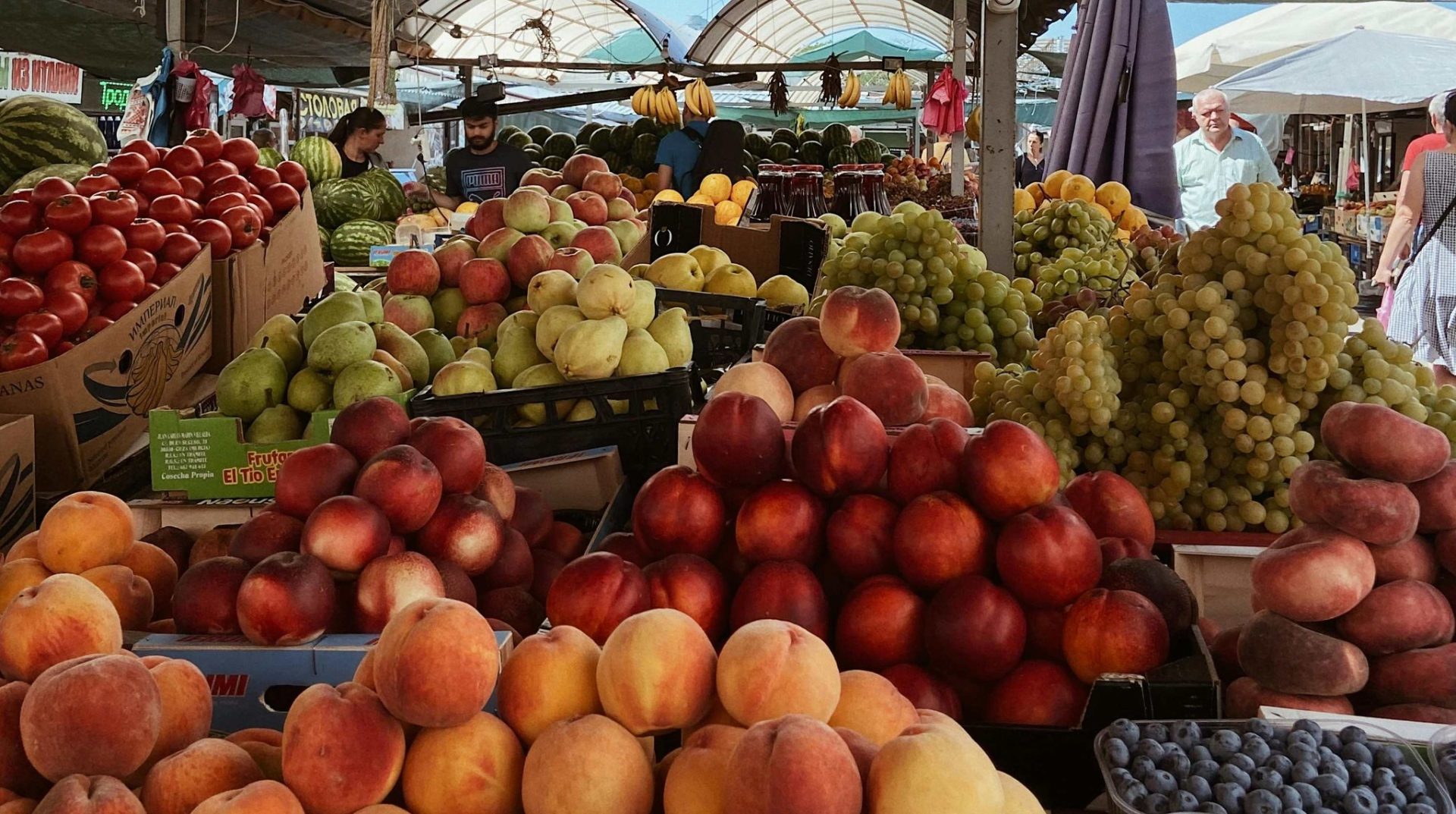The South African agricultural sector is celebrating a major victory following the signing of a historic Stone Fruit Trade Protocol between the Minister of Agriculture, John Steenhuisen, and China’s General Administration of Customs (GACC). The agreement, finalised in Shanghai, grants five types of South African stone fruit—apricots, peaches, nectarines, plums, and prunes—access to the massive Chinese market for the first time. Uniquely, this marks the first instance where China has negotiated access for multiple stone fruit varieties from a single country under one protocol.
A Strategic Pivot for Market Diversification
The trade protocol is not just a commercial win but a vital part of a broader, strategic policy shift. It aims to reduce South African agriculture’s dependence on traditional, often volatile, buyers and strengthen ties with high-growth emerging markets in Asia. This move has become particularly critical following the introduction of US tariffs, which immediately impacted stone fruit varieties like plums.
The Minister of Agriculture underscored this strategic importance, describing the deal as “a major breakthrough for South African fruit producers and exporters at a time when diversification is essential for our agricultural resilience.” Furthermore, the protocol is expected to unlock significant economic value: an estimated R400 million in export earnings over the next five years, a figure projected to double over the next decade.
Industry Hails ‘Major Breakthrough’
The industry response has been overwhelmingly positive, with key agricultural bodies expressing confidence in the market’s potential.
Hortgro, the governing body of the deciduous fruit industry, was elated. Jacques du Preez, General Manager for Trade and Markets, stated, “We are absolutely ecstatic that we have finally concluded this process… We see the Chinese market as vital to the sustainability and further growth of our deciduous fruit industry.”
Similarly, Agri Western Cape welcomed the development. Chief Executive Jannie Strydom noted that market diversification “should alleviate the pressure from existing markets.”
Meanwhile, the Agricultural Business Chamber (Agbiz) highlighted the long-term importance. Chief Economist Wandile Sihlobo said the deal marks a “significant step in deepening South Africa’s access to the Chinese market,” which is an increasingly vital destination for local produce.
Economic and Job Creation Prospects
The new market access provides an essential lifeline for farmers and a significant boost to job creation in rural communities. The demand from China’s rapidly growing middle class, which has a rising appetite for high-quality imported agricultural products, far outstrips South Africa’s current total stone fruit production.
Conservative estimates project that the protocol could directly support approximately 350 new jobs on farms and in packhouses over the next decade. When associated sectors like transport, logistics, and packaging are included, the total number of jobs supported is expected to rise to nearly 600.
This new partnership is already creating momentum for future growth. The Minister has also invited Chinese technical teams to visit South Africa to inspect cherry and blueberry orchards and packhouses, with the aim of securing market access for those fruit types within the next harvest cycle. This forward-looking diplomacy promises to consolidate South Africa’s standing as a reliable, high-quality agricultural supplier to the world.
